Now that we are in a new decade, it is hard not to look back on the last ten years and reflect on the changes and developments within the film industry, particularly in terms of female filmmakers. The beginning of the decade kicked off with Kathryn Bigelow being the first woman to win an Academy Award for Best Director, for The Hurt Locker. For many, this award is widely considered the highest honour a filmmaker can receive, yet since the Academy awards first started in 1929, only five women have even been nominated in this category, two of which in the past decade.
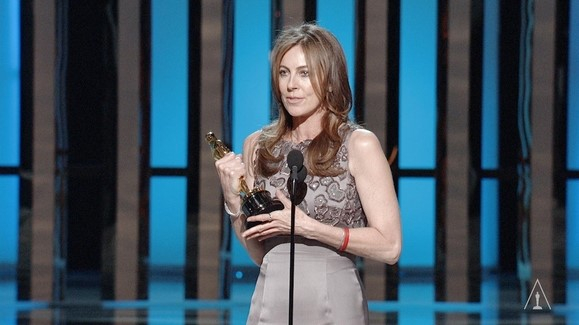
Kathryn Bigelow winning Oscar for Best Director, 2010.
With the recent nominations from BAFTA and the Academy Awards, the lack of acknowledgement women receive during award season, is yet again prevalent; no female directors were nominated for Best Director for either award ceremonies. BAFTA is now reviewing its voting process, after criticism over the lack of female directors nominated. This year’s oversights feels particularly shocking considering the success of films such as, Lorene Scafaria’s Hustlers, Lulu Wang’s The Farewell, Kasi Lemmons’ Harriet, Olivia Wilde’s Booksmart, Joanna Hogg’s The Souvenir, Céline Sciamma’s Portrait of a Lady on Fire and Greta Gerwig’s Little Women. These films are key examples of how female centred narratives which are directed by women, can excel both critically and commercially. A lot of backlash has been focused on Gerwig not receiving a nomination for Best Director (which she was previously nominated for in 2018 for Lady Bird) due to the film not only being a box office hit but also receiving rave reviews. It’s hard to ignore the parallels between the themes in Little Women and the continually reoccurring themes during award season: the difficulty for women to get recognition in a male-dominated world.
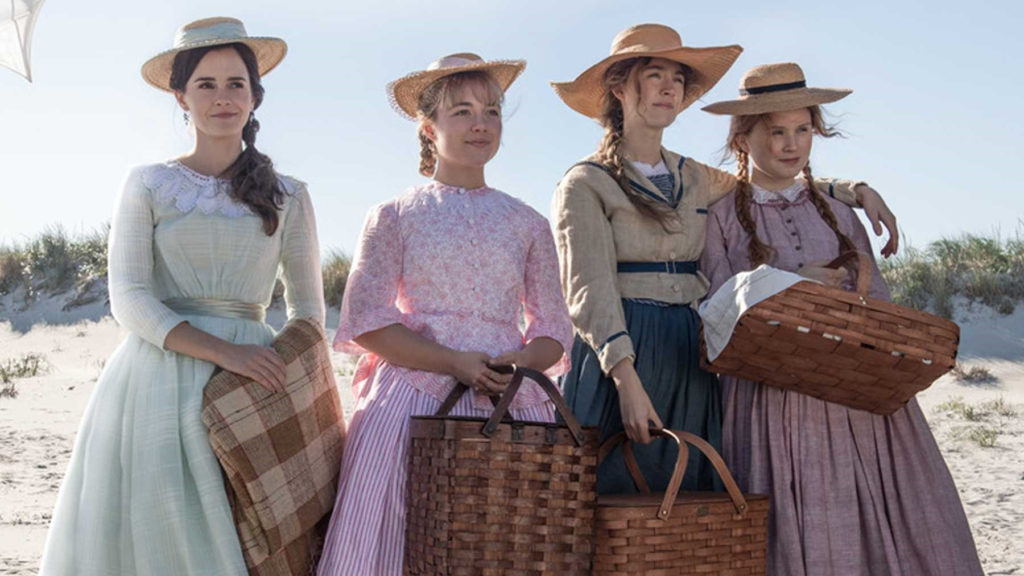
Little Women
Unfortunately, this is nothing new for Hollywood and awards nominations with films such as Marielle Heller’s Can You Ever Forgive Me?, Debra Granik’s Leave No Trace and Lynne Ramsay’s You Were Never Really Here, getting overlooked the previous year. However, despite industry’s reluctance to dismantle the gender hierarchy, it is important to remember that there has been many key milestones for women in film in the last decade.
In 2018, Plymouth Arts Cinema became one of the first cinemas to join Bird’s Eye View in their Reclaim the Frame scheme, a programme designed to grow audiences for films created by women. The scheme recognises the gender imbalance in the film industry and seeks to promote films that are made by and centred on women.
Plymouth Arts Cinema has continually encouraged the shift towards a position of gender equality; in 2016 the F-Rating was introduced. Presented by the Bath Film Festival in 2014, the rating seeks to encourage and advocate the representation of female filmmakers and highlights their absence from mainstream cinema. However, the end of the decade did see an improvement of gender representation from major studios. In 2019, 19 of the 125 wide studio releases were directed by women. Whilst it may still be a small percentage it’s a huge increase from 2018, where there were only 4 women among the directors of the 125 major studio films.
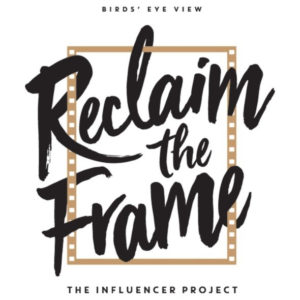
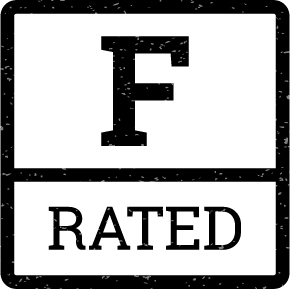
One of the biggest achievements for female directors this decade was Wonder Woman. In 2017, Patty Jenkins achieved a huge milestone when she became the second woman to command a budget of more than $100 million for Wonder Woman. The film took $821 million at the worldwide box-office and its overwhelming success has set a landmark for female directors, as Jenkins proved that women can direct mainstream action films once they are given the same opportunities and budgets as men.
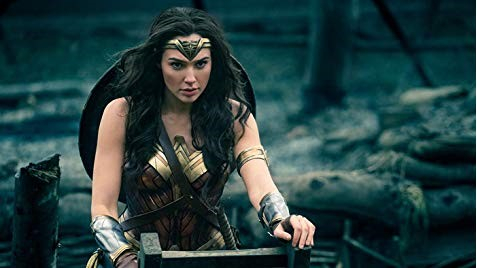
Wonder Woman
Jenkins’ upcoming sequel, Wonder Woman 1984 has also become the first film to implement the Producers Guild of America (PGA) anti-sexual harassment policies on set. In January 2018, the PGA installed new Anti-Sexual Harassment Guidelines, following the reveal of the sexual harassment allegations against Harvey Weinstein in October 2017. The #MeToo phenomenon across the internet, has not only shown the scale of the problem, but the proportions of inappropriate behaviour and mistreatment (particularly towards women) in the industry. The movement allowed for an increased awareness of the embedded misogyny in the industry and exposed the shocking truth about how female filmmakers are treated.
Across the film industry, new measures have been introduced to combat the gender imbalance. From founding Times Up in 2018 (a group that strives to end sexual discrimination and misconduct for women) to the 50/50 by 2020 Gender Parity Pledge, the film industry has seen a number of initiatives that have been introduced in response to the Weinstein effect and the #MeToo Movement. #MeToo has acted as a watershed moment; eighty-two actresses, female directors and producers walked the Palais de Festival’s steps on May 12th 2018. The protest highlighted that only 82 films directed by women have been selected for the Palme d’Or competition, compared with 1,645 directed by men. Cannes is seen as one of the most significant film festivals, yet they have continually excluded female directors. However soon after the protest, it became the first festival to sign the Gender Parity Pledge, committing itself to inclusion and equality. Yet, with the recent award nominations, it is clear that there has been little impact on the film industry’s structures, as the struggle to get the female gaze recognised is still a major issue.
The backlash from the recent award nominations highlights that there is a call for women film makers to get the same recognition as the men. The responsibility of the awards such as the BAFTAS and the Oscars is to make films more visible, but every year it seems we end up disappointed by the overwhelming absence of female nominations. Whilst there is still a long way to go, films over the last decade such as Winters Bones, We Need to Talk About Kevin, Zero Dark Thirty, The Falling, Girlhood, A Girl Walks Home Alone at Night, The Babadook, Toni Erdman, American Honey, Raw and The Souvenir are increasing the visibility of the female gaze in the film industry and adhering to the f-rating system. And through the range of initiatives that have emerged over the last decade, there is an optimism that the film industry is progressing, with the effects and discussion of the #MeToo movement being carried into this decade and gradually shifting the industry towards a gender balance.
Isla Sinclair
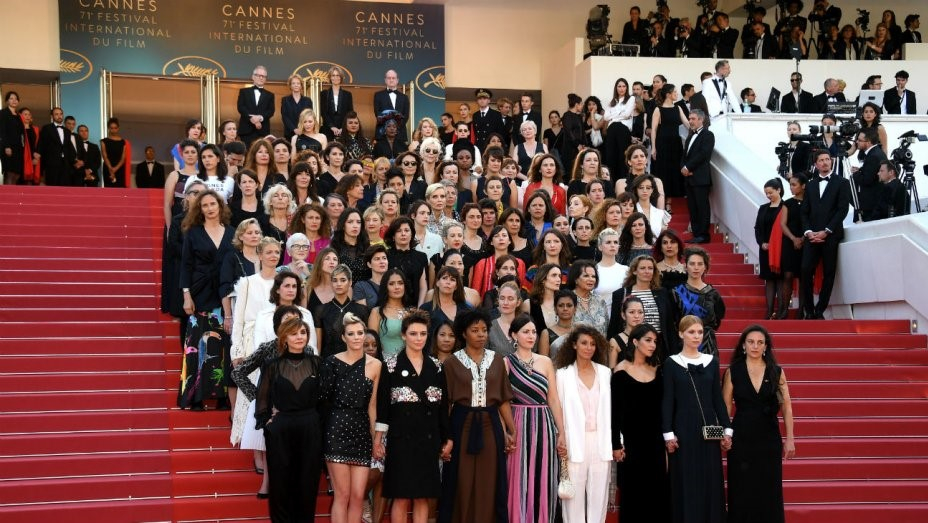
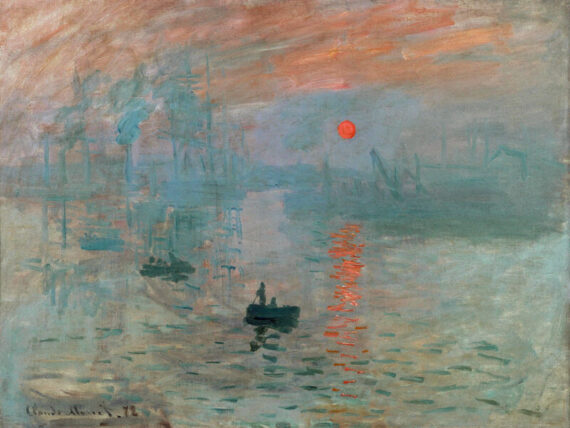
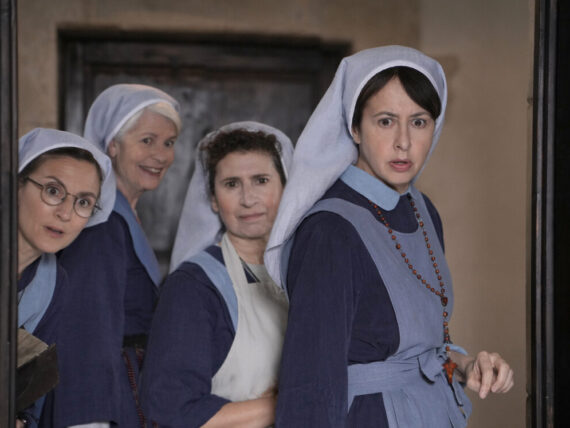






Comments
No comment yet.